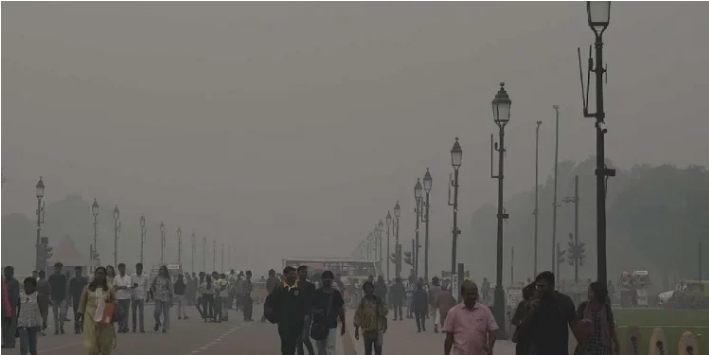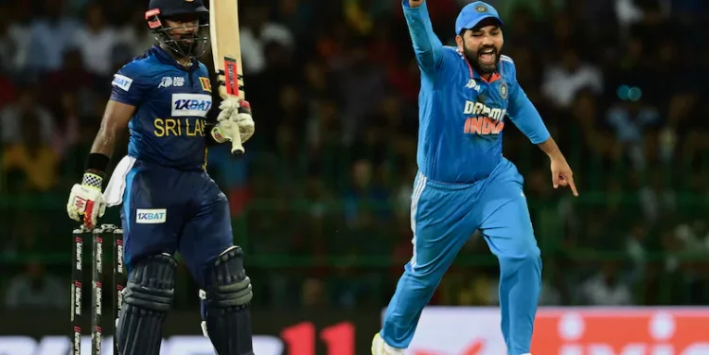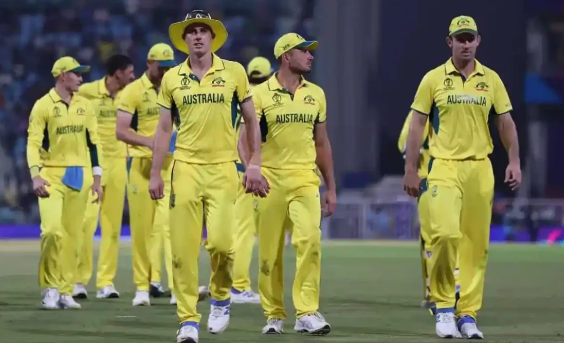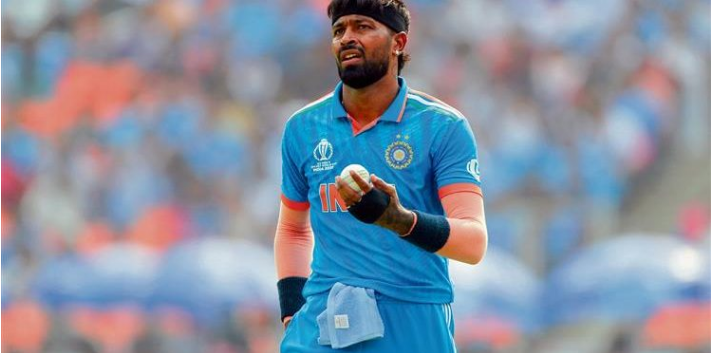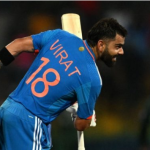Due to the bad air quality in India’s capital city of Delhi, Sri Lanka was forced to postpone their training session one day after Bangladesh did. The last meeting between the two teams at the Arun Jaitley Stadium for this year’s event is scheduled for November 6.
The city’s air quality has become a recurring problem, particularly in the winter, due to a variety of factors, including the smoke from stubble burning in other states. In order to address the alarmingly dire situation, the government declared an air emergency on November 2 after the Air Quality Index (AQI) in some areas fell below 400, which is classified as a “very poor category.” As a result, schools were closed for two days and non-essential construction activities were suspended.
The Air Quality Tracking Warning system of the Indian government agency indicates that between November 4, 2023, and November 6, 2023, the air quality is “likely to improve marginally but remain in severe category.” It is agreed that the game will only take place if the field conditions are good enough for the players to play, with the match officials making that decision on game day.
The ICC and BCCI are concerned about every participant’s welfare: ICC representative
“The BCCI, our hosts, and the ICC are keeping an eye on Delhi’s air quality and are concerned about the safety of every player. ESPNcricinfo cited an ICC spokeswoman as saying, “We are taking expert advice to assess the situation.”
As they faced a similar difficulty during the 2017 Delhi Test, Sri Lanka will not be facing dangerous air conditions at this site for the first time. A number of players had to leave the field back then to throw up, and several fielded with masks on to protect themselves from any respiratory problems.
The situation has gotten worse over the years, with Delhi residents growing accustomed to foggy mornings caused by smog and toxins, which cause a wide range of respiratory problems. Bangladesh had to postpone their Friday training after arriving in the city on Wednesday (November 1) because of this.
“We didn’t take the chance because of the worsening conditions,” stated Khaled Mahmud, the director of the Bangladesh squad. “We still have two days left to train. Coughing emerged in a few of us, indicating a risk factor. We wish to avoid becoming ill. We’re not sure if things will get better, but tomorrow is training. We want every player to be ready for the crucial match on November 6.
Indian captain Rohit Sharma recently voiced his worries, saying it’s critical to make sure the country’s future generations live “without any fear.” His comments followed the announcement by the Board of Control for Cricket in India (BCCI) that fireworks would not be allowed during games in Delhi or Mumbai.
While it is desirable to avoid situations like this, I have a good feeling that the concerned parties are taking the required precautions to accomplish so. Everyone is aware that it is not ideal,” Rohit had stated the night before India’s match against Sri Lanka. “Considering our progeny, your children, and mine. Of course, it’s crucial that they are able to live fearlessly. I talk about this every time I get the chance to talk about something other than cricket or not about cricket. We need to take care of the next generation.”

